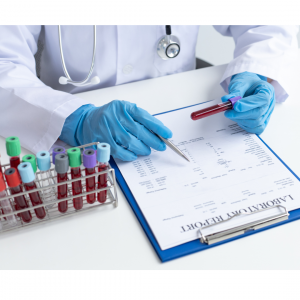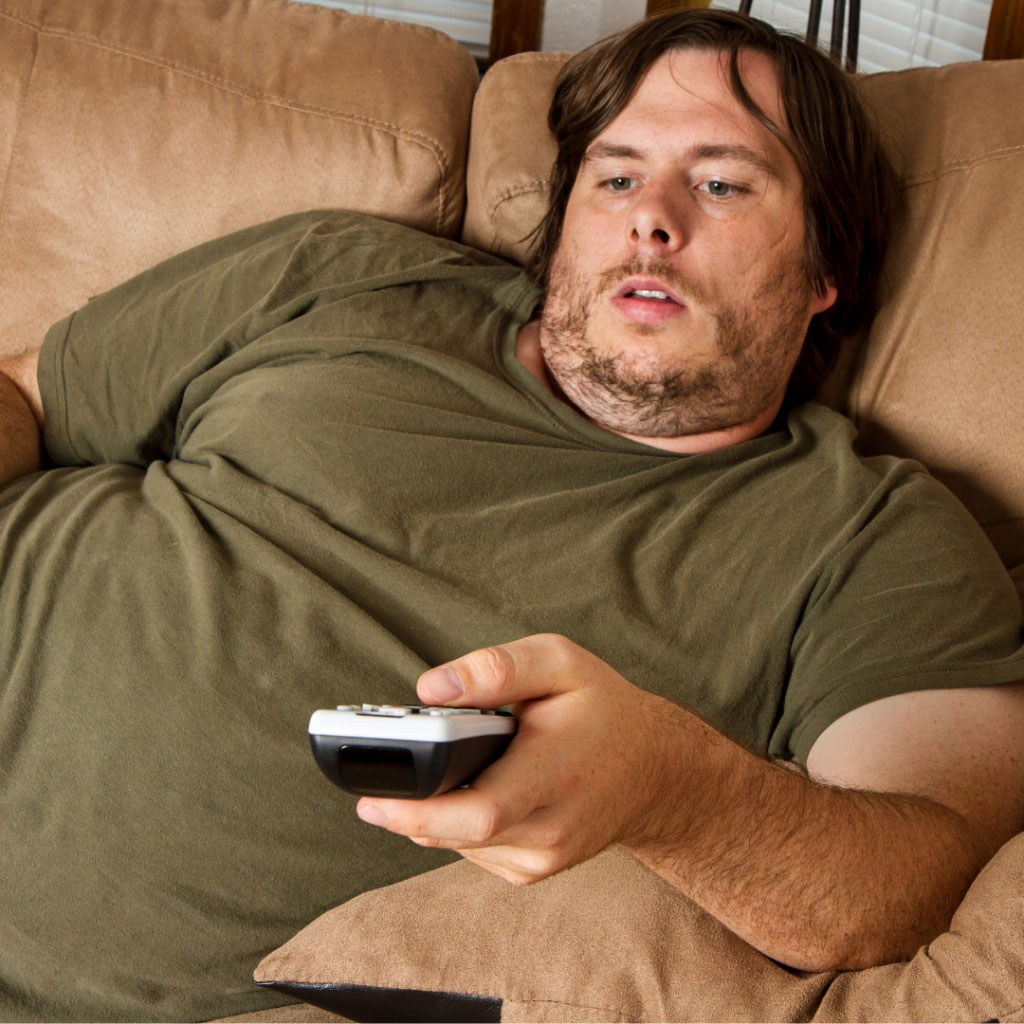No products in the cart.

By Leslie Mann and Special to the Tribune
Chicago Tribune
•
Nov 16, 2011
Henry Kelin, 73, is an active man who walks and plays golf regularly. But after he turned 65, he felt fatigued, less energetic and lost his sexual desire. His testosterone level tested low, so he questioned whether supplements would make a difference.
Now, after participating in a testosterone study run by Dr. Mark Molitch, endocrinologist at Northwestern University Feinberg School of Medicine, Kelin has “more energy than ever,” said the Buffalo Grove resident. “I’ve got my sexual desire back. Even the pain I have from my rheumatoid arthritis is lessened.”
Kelin is one of 800 men 65 or older who are participating in the study at Northwestern and 11 other U.S. sites. They receive physicals, then are given a testosterone gel or a placebo. (Outside of the study, doctors also prescribe testosterone supplements in patch, injection or dissolving-pellet form.)
“This will teach us more about testosterone, which has been ignored for years,” said Molitch. “We still need to compare natural loss versus testosterone therapy (supplements).”
Known as the male hormone, testosterone is made in the testicles. Women have it in smaller amounts. Gradual testosterone loss begins in a man’s 30s and often goes unnoticed, said Molitch, but doctors know it affects bone and muscle mass, fat distribution, energy, and sexual functioning.
“We’re testing these and cognitive effects,” said Molitch. “And we’re testing the risks, including prostate enlargement, prostate cancer and heart issues.”
Another study at Northwestern, led by urologist Dr. Kevin McVary, is testing the effects of testosterone on urinary function, ejaculation, erectile dysfunction and the prostate. “In the past, some thought giving men testosterone exacerbated prostate problems,” he said. “This study is challenging that.”
The study is not blind; patients know they are taking testosterone. It is not part of a drug development program.
“Women know about estrogen loss and talk about it,” said McVary. “It’s abrupt; it hits them in the face. But with men, testosterone loss sneaks up. One day they realize they’re not getting results in the gym. Or they can’t get an erection in the morning, when testosterone levels are highest.”
“For a lot of cultural reasons, men don’t seek health care like women do,” said McVary. “I liken it to the Titanic — save the women and children first. Now, it’s time to get more lifeboats for the men.”
“Men are macho,” said Ralph Picker, of Glenview, who has been getting testosterone therapy from Dr. Mark Rosenbloom in Evanston for six months. “We don’t need help, like we don’t ask for directions. But with testosterone, we should get help.”
Before his therapy, Picker said, he was feeling sluggish and had a low libido. “With the therapy, I feel younger, sharper, stronger,” he said. “I have more muscle definition. I’m chasing my wife again. I have a lovely wife; I’d like to live long enough to spend a long time with her.”
Rosenbloom gives his patients a thorough physical before beginning testosterone therapy. “Your testosterone, estrogen, progesterone, thyroid, cortisol, insulin and vitamin levels are all tested because they’re interrelated,” he said. “We ask about your lifestyle, diet and exercise. Follow-up is equally intense, with repeat blood tests and office visits every six to eight weeks.”
Too often, said Rosenbloom, doctors “tell patients to take Viagra or get more sleep, but don’t test their testosterone.”
Obesity complicates matters because testosterone gets converted to estrogen in fat tissue, said Rosenbloom. “It becomes a vicious circle — they gain weight, exercise less, have lower testosterone,” he said. “So they have to lose weight.”
Baby boomers are leading the testosterone therapy path, said Rosenbloom. “Until it becomes a topic on a popular TV show, it’s not something everyone talks about,” he said. “But boomers are taking responsibility for their health.”
“We’re not sure every older man should have testosterone supplements,” said McVary. “But testing your testosterone level should at least be part of an annual exam.
The original article can be found at the link below.
https://www.chicagotribune.com/lifestyles/ct-xpm-2011-11-16-ct-x-1116-testosterone-replacement-20111116-story.html
Related Posts
Male Obesity Linked to Low Testosterone Levels, Study Shows – Science Daily
ScienceDaily (May 3, 2010) Obesity, a condition linked to heart disease and diabetes, now appears to be associated with another health problem, but one that affects men only — low testosterone levels. Results of a study published online ahead of print in the journal Diabetes Care, conducted by University at Buffalo endocrinologists, showed that 40…
A Message from Dr. Rodriguez
As a physician specializing in testosterone replacement therapy (TRT), I have seen firsthand the positive impact that TRT can have on men’s health and well-being. Many men are not aware of the symptoms of low testosterone and do not realize that TRT may be an option for them. In this blog post, I would like…
Testosterone Therapy Takes Off Pounds – Science News
By Nathan Seppa June 25 2012 HOUSTON — Men with low testosterone who are given replacement doses of the hormone shed weight steadily for years, researchers in Germany reported June 23 at a meeting of the Endocrine Society. Study participants, nearly all of whom were overweight or obese at the start of the study, lost…



